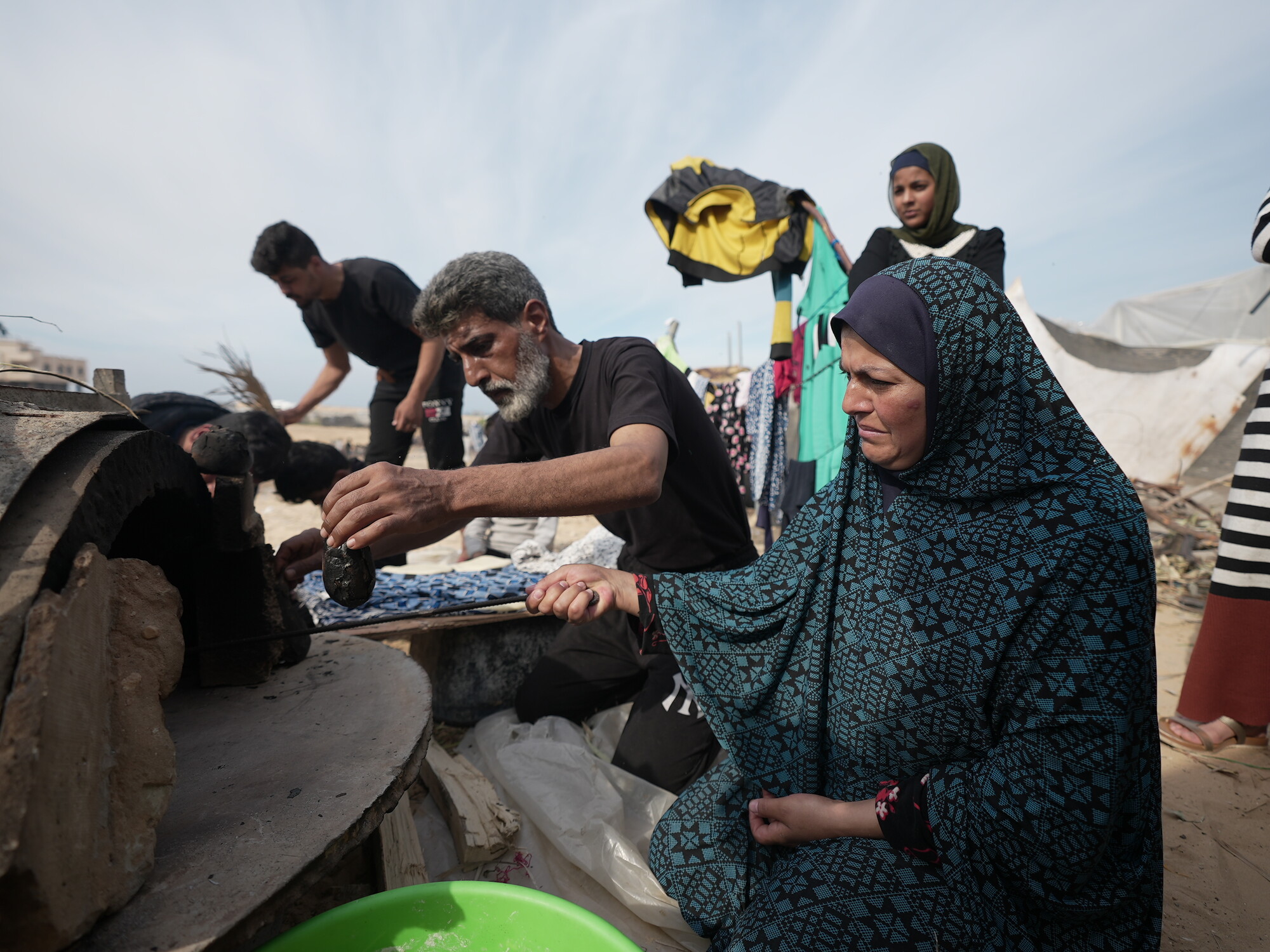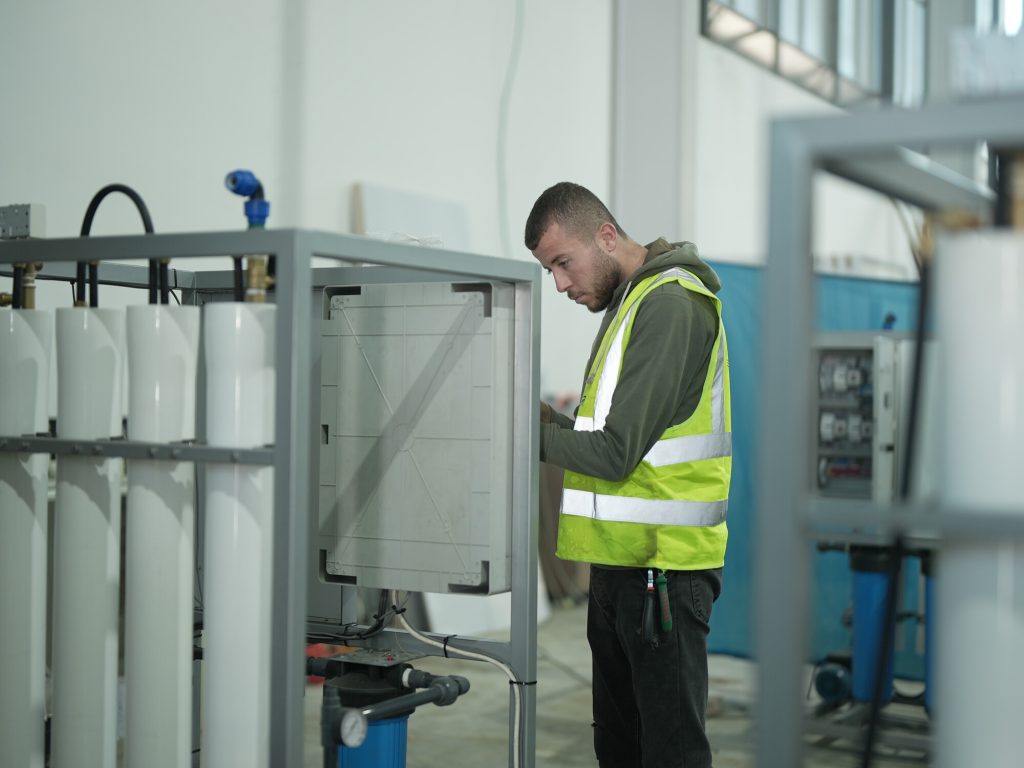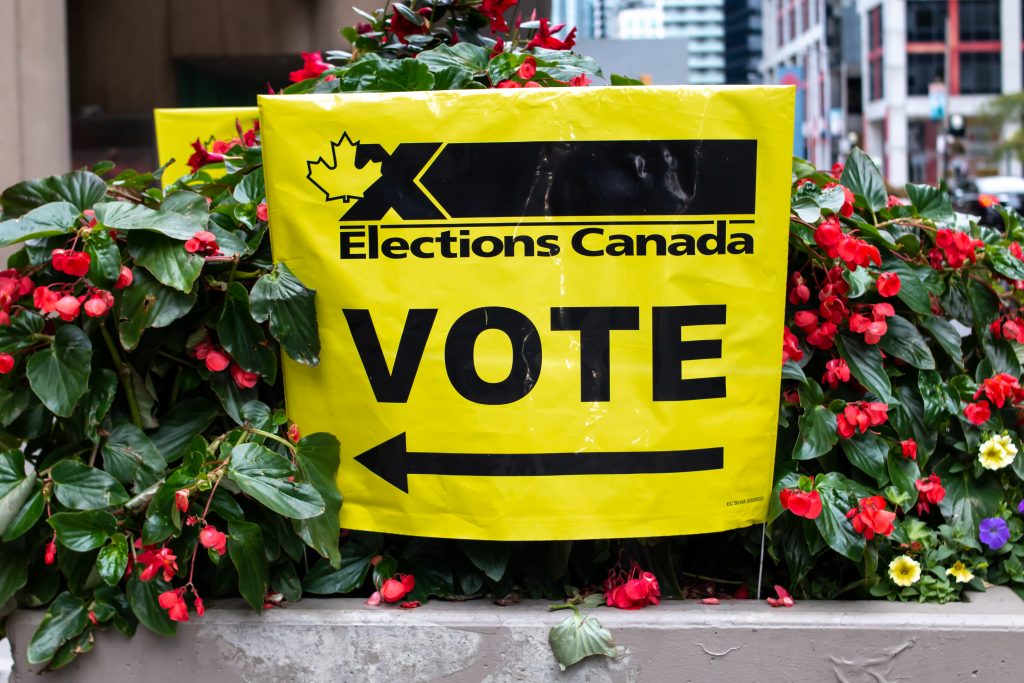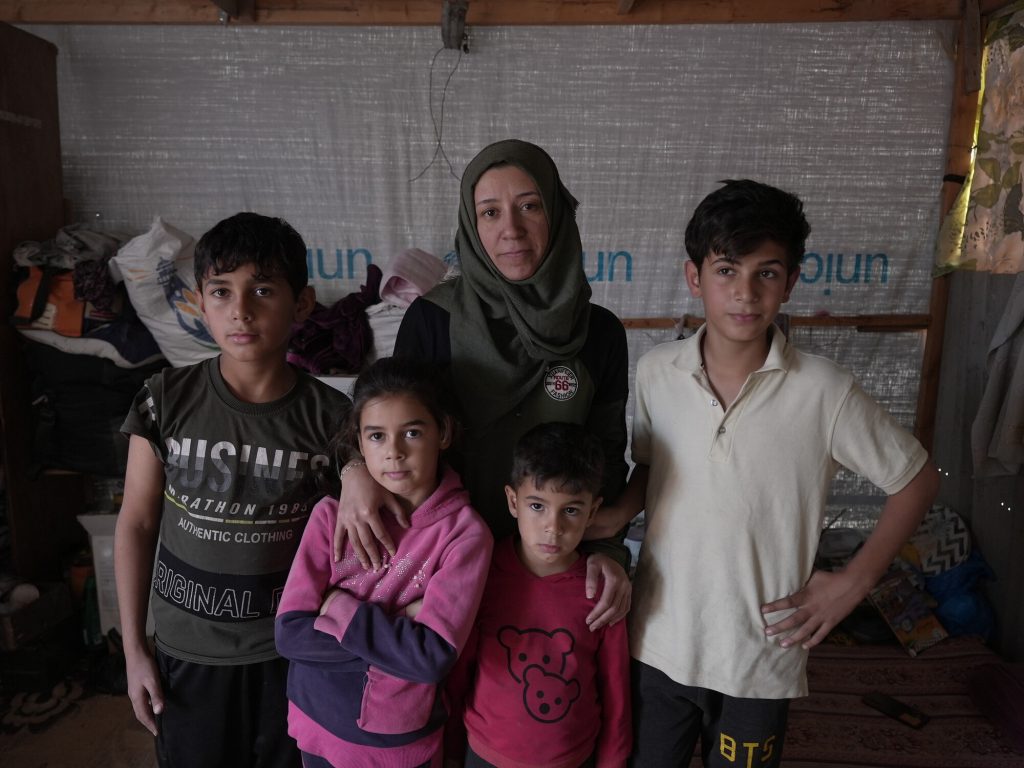Not a Drop in the Bucket: Gaza’s Water Crisis
After more than three months of conflict and siege in Gaza, civilians caught in the conflict are struggling to meet nearly every type of basic need – including water.
Frustratingly, this isn't new. It was on November 17th that we reported that the amount of water available to people trapped in Gaza was still just seventeen per cent of pre-siege levels. One hundred days in and counting, the situation keeps on getting dire.
Without access to clean water, people are carrying seawater home for domestic consumption and drinking contaminated water. Bottled water has fast disappeared from shops and the cost has surged beyond the reach of an average Gazan family. This catastrophic situation means that water and sanitation systems are shattered, sanitary conditions are severely deteriorating and there's a major risk of widespread outbreak of diseases.
Evidently, starvation is being used as a weapon of war, turning water into a luxury item.
In response, Oxfam and Palestinian Environment Friends are working to provide essential and lifesaving water, sanitation & hygiene services to at least 25,600 displaced individuals across Rafah and Khan Younis.

A search for water
Ammar (not his real name), an IT engineer with a global company branch in Gaza has now lost his job and his home. He's now displaced in Khan Younis. Tragically, his brother, a doctor, lost his life at the onset of the war leaving a young son behind.
"It's a real hard situation when I look at my little nephew," Ammar tells us, "he would be crying because he is hungry."
Lack of food and water in Gaza is leading to a “risk of famine, and it is increasing each day that the current situation of intense hostilities and restricted humanitarian access persists or worsens,” according to an analysis released by the Integrated Food Security Phase Classification (IPC) System.
The IPC analysis further states that the entire 2.2 million population of Gaza is facing crisis levels of food insecurity or worse, making it the “highest share of households facing high levels of acute food insecurity that the IPC initiative has ever classified for any given area or country.”
For Ammar and the thousands of Gazans under siege, food and water scarcity means hours of going back and forth trying to fetch basics like water and firewood to prepapre up a cup of milk. "As grown ups, we can cope and adapt to these situations. But when you see the tears in a young boy's eyes, you feel weak."
Water and sanitation assistance
In the coming weeks, Oxfam and Palestinian Environment Friends (PEF) are taking steps to address the lack of water and sanitation systems in Gaza by installing wells and water treatment units to make the salty ground water in Gaza drinkable for families. They'll be doing this by manufacturing and installing 11 desalination units to provide 25,600 people with clean drinking water. Desalination through reverse osmosis is a technology which Oxfam engineers have been pioneering in Iraq, Kenya, Somaliland, Syria and Yemen. The plants will be powered by solar energy, which makes for a sustainable and reliable solution in challenging contexts, where a regular and uninterrupted fuel supply can often not be guaranteed.

Worker hired by Oxfam in Gaza are working on manufacturing six desalination units that will be distributed to locations where IDPs will use to access clean drinking water. Alef Multimedia/ Oxfam
They will also install water storage bladders and transport water by truck along with foldable water storage containers. The plans include building and installing 200 toilets, 128 handwashing stations, and 67 showers, complete with lighting and door-locking systems and grab rails to provide security and support for persons with additional needs. Oxfam and PEF will also distribute foldable commodes and bedpans for people living with disabilities.
Call for immediate ceasefire
There is no debating it : water is a fundamental human right. This is why Oxfam continues to work with allies and partners to urge all parties to the conflict in Gaza to stop the fighting that is precipitating the humanitarian crisis.
View this post on Instagram
Lauren Ravon, Oxfam Canada's Executive director, said that “after weeks of watching the devastation and violence in Gaza and witnessing tens of thousands of deaths, we are finally seeing a shift in Canada’s position. Millions of people in Canada have been waiting for this moment following weeks of rallies across the country. We are pleased the government heeded these calls. We now need to see this resolution turned into reality so that humanitarian organizations including Oxfam Canada can finally mount the kind of humanitarian response needed. Our teams stand ready to scale up our response and address the urgent needs of the entire 2.3 million people in Gaza.”

